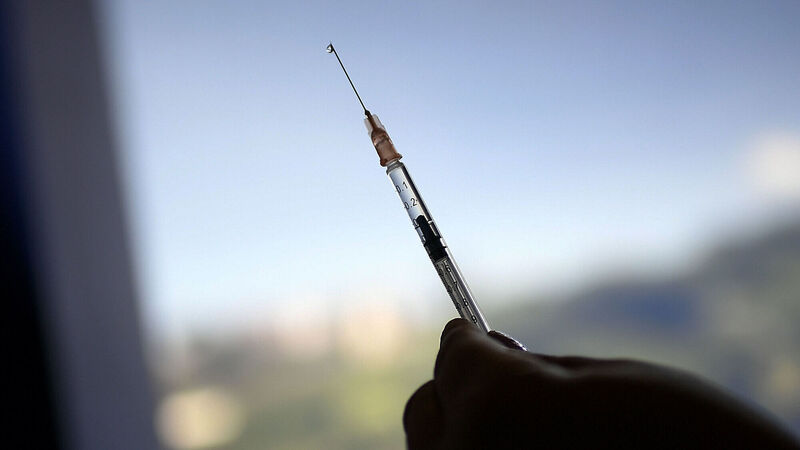Irish Examiner view: All rich nations must share vaccines

Some wealthier countries have promised to share spare doses, but only when their own populations have been vaccinated. File picture: AP/Matias Delacroix
Leaders of wealthy nations meeting this week at the G7 summit in London have been urged to share spare coronavirus vaccines in order to avert a “moral catastrophe.” G7 is an informal group of wealthy democracies consisting of Canada, France, Germany, Italy, Japan, the UK, and the US, and it is only fair that they should be asked to share spare vaccines with poorer countries.
The request has come from Dr John Nkengasong, director of The Africa Centres for Disease Control and Prevention amid figures showing the continent is way behind other parts of the world in the global race to vaccinate people against Covid-19.













